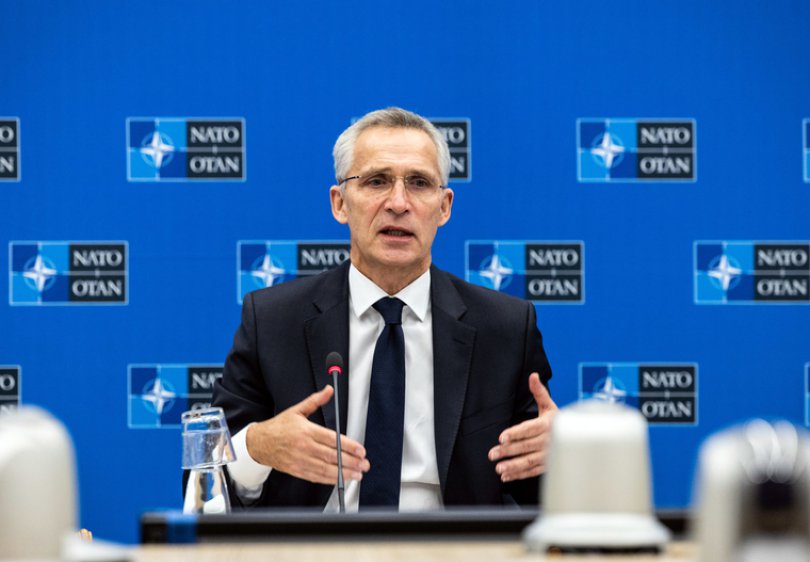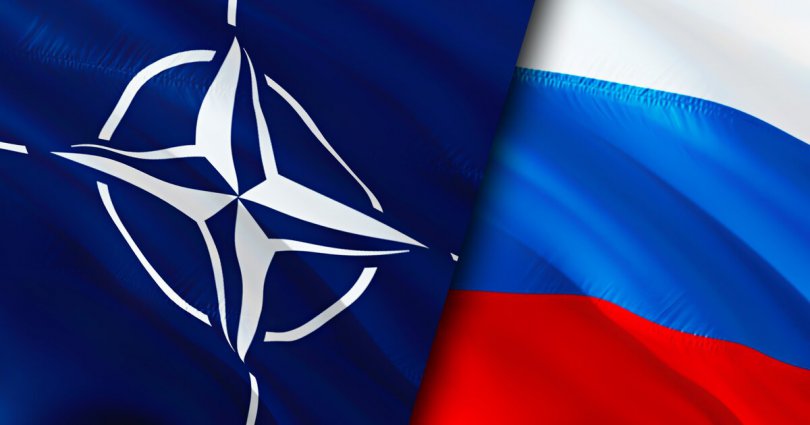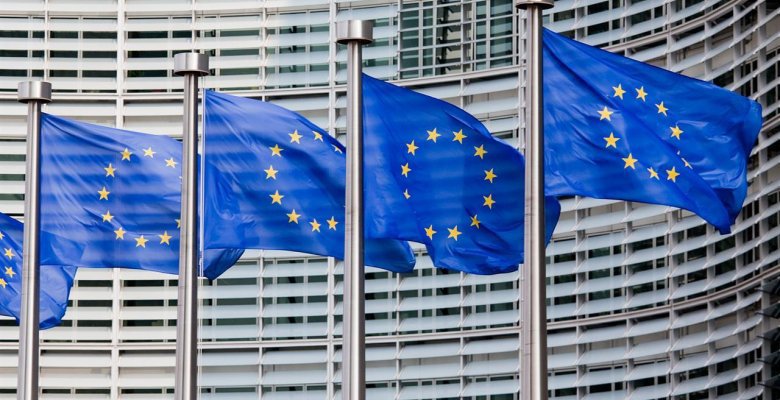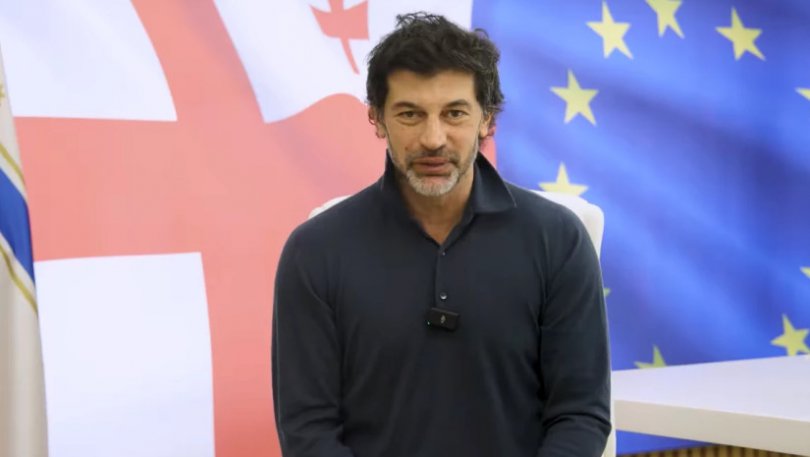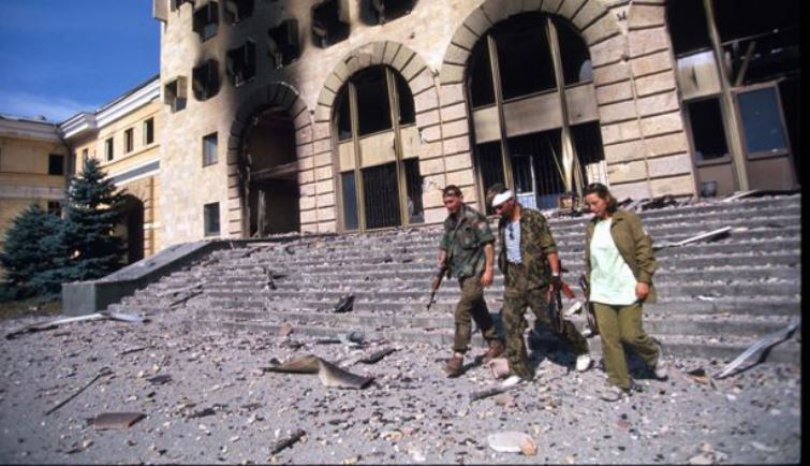
On Sept. 27, 1993, Abkhaz separatist forces supported and under effective control of the Russian Armed Forces, together with active participation of the infamous GRU-organized “volunteers” from the North Caucasus took Sokhumi, capital of the Autonomous Republic of Abkhazia.
The fall of Sokhumi was preceded by a now-forgotten peace treaty between the Georgian and Abkhaz sides signed in Sochi on July 27, 1993. The treaty was guaranteed and brokered by the Russian Federation sealed with the signature of its the then Foreign Minister, Andery Kozirev.
Under that Treaty, both sides had to withdraw heavy artillery and weapons from the contact line which then lied alongside river Gumista, west of Sokhumi. Georgia even rented ships from Russia to transport tanks and heavy artillery from Sokhumi to Poti.
Many locals, who had left the war-ravaged town returned. Schools and kindergartens resumed work. The atmosphere of “ending the war” was omnipresent.
On Sept. 11, without warning, a conglomerate of forces referred to as “separatists” but mainly consisting of GRU-linked fighters from the North Caucasus, coordinated and supported by the Russian Armed forces launched attack on defenceless Sokhumi.
The participation of Russian Army in the conflict in Abkhazia has always been denied by Russia – much like it is denied in the context of Russian aggression in today’s Ukraine. But overtime plethora of evidence accumulated proving the contrary.
Even during the actual war, direct Russian involvement was an open secret. In March 1993, Georgian forces (rather accidentally as they lacked any meaningful air defense) shot down the-then state of the art Sukoy 27 near Sokhumi. The deceased pilot appeared to be a Riga native Russian Vaclav Shipko who had maps of Georgian cites to be bombed on the Georgian side of the front upon him.
Multiple credible reports, such as the Human Rights Watch report of 1995, recorded massive scale of atrocities following the taking of Sokhumi. Following that, the entire Georgian population of Abkhazia, accounting to 46% of the pre-war population – 230 thousand people approximately - was ethnically cleansed by the invading Russia-backed forces. That ethnic cleansing was internationally recognized by the OSCE heads of states summits – Russia included – in 1994, 1996 and 1998. Other ethnic groups – Greeks, Estonians and others too left during or after the war.
As a result, Abkhazia lost majority of its multiethnic pre-war population with large parts of its territory (especially east of Sokhumi) remaining de-populated while up to 10,000 people lost their lives.
As the west embraced Borys Yeltsin and his reformist allies, revanchist forces within the Russian military establishment were adamant on punishing Shevardnadze whom they blamed for the humiliating defeat in the Cold War and Yeltsin himself went along not least because until the defeat in Abkhazia, Georgia was refusing to join the Commonwealth of Independent States, a conglomerate of former soviet countries with the exception of the Baltic States, marking – the Russian elite considered it – the Russian sphere of influence.
In the end, Moscow created peacekeeping formats in which it dominated as a “mediator” while in reality being a party to the conflict. In addition, it was given a right to deploy “peacekeeping” forces on the ground which, while acting as de facto occupation forces granted enormous leverage to Russia which it could use at any point.
After the 2008 outright invasion, Russia recognized the two regions it now openly occupied. But it has only been joined by Venezuela, Nicaragua, Hamas and the Assad regime.
Russian officials have insisted majority of people in both regions do not wish to be part of Georgia. First carrying out ethnic cleansing and then claiming self-determination will never be accepted by the civilized world.
As the west was busy dealing with the consequences of soviet collapse, chaos in the Balkans and viewed Russia as a partner, Moscow – aided by Georgia’s internal instability - was able to easily gain considerable strategic leverage over Georgia’s future.
Already under Putin, when the post Rose Revolution Georgia started making steps towards NATO that leverage was skillfully enacted.
Stepping around the status quo, securing unoccupied Georgia as a functioning democracy in order to reverse the occupation and ethnic cleansing when an opportunity emerges is the key strategic objective for Georgia and its supports to pursue.


